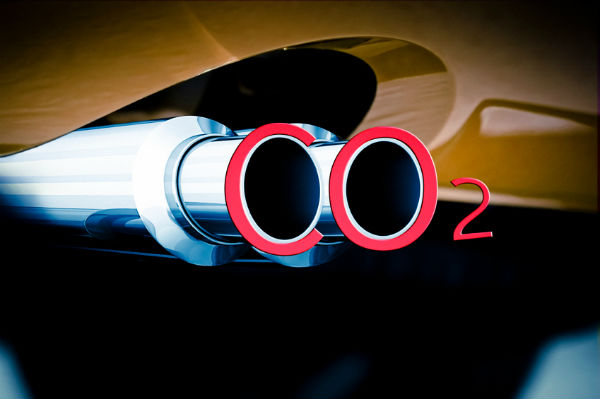I recently returned from Copenhagen, where I was covering the
COP15 climate conference for my blog,
Green Media News. In Copenhagen, especially at Metro stops, there were signs everywhere proclaiming the city’s aim to become the first carbon-neutral capital city by 2025.
Sounds cool, right? But, I wondered the whole time I was in Copenhagen, where were all the recycling bins? There were recycling bins in the Bella Center, where the COP15 conference was taking place, but in terms of the city streets and residential buildings, where were all the recycling bins? I wondered if recycling even happened in Copenhagen, so I looked into it and here’s what I found out.
As it turns out, Copenhagen has an aggressive climate action plan. The city plans to reduce its CO
2 emissions by 20% by the year 2015. It’s getting into geothermal power stations, increasing its wind power and using biomass (incinerating waste) to create heat. Sounds good.
The Danish capital city is aiming to be the first carbon-neutral capital in the world. It could very well reach that goal.
I was couch surfing over there, as were thousands of others who were in Copenhagen for COP15. Hotels in Copenhagen were sold out months before the event, and in an incredible show of Danish hospitality, citizens across the city agreed to open their homes free of charge to couch surfers from all over the world.
The apartment where I was staying did not have recycling bins, nor did the residents sort their trash. My host, Alexander Norsk, explained that there was a private company contracted in Copenhagen that sorts all waste at its facility.
I asked some other people about their recycling experiences in Copenhagen. Caitlin Grey from Alameda, CA, said, “There was recycling in the Bella Center, Klimaforum (an alternate location with Internet access for people who did not have UNFCCC accreditation to enter the Bella Center) and my hostel, and I think the Fresh Air Center (another alternative location for citizen journalists and NGO activists). Not on the street though.”
Alex says he generally leaves his “empties” (empty cans and bottles) on the street near trashcans, where others pick them up and return them to supermarkets and collection facilities to reclaim deposit money charged for bottles and other recyclables.
Terje Raa writes in an article in
Go World Travel Magazine that “collecting empties” is almost a sport in Copenhagen, with money to be made.
At Tivoli, the amusement park located in Copenhagen’s town square, they sell all beer and soft drinks in recyclable drinking cups with a deposit of about $1 per cup. The return rate on these cups has been shown to be about 80% and they score better in lifecycle analysis than disposables at a break-even cost to vendors.
I spoke with Anette Bjerge from The Danish Ministry of the Environment’s Information Centre, who says Copenhagen recycles more than 70% of its waste, “and more than 90% if you take the part that we put into our incineration facility and convert to local heating in households.”
Anette is talking about Copenhagen’s “Waste to Energy” plants that convert approximately 23% of all Copenhagen’s waste into usable heat. According to a document released by the Danish Ministry of the Environment called “Nature and Environment in Balance: Today and in the Future,” glass and cans constitute about 6% of all waste generated in Copenhagen and are widely returned for deposit money, about 23% gets incinerated and turned into heat for households and the bulk of all waste — 73% of all waste created in Copenhagen — is recycled and reused in the creation of other products.
The document can be viewed
here.
In Copenhagen, the R98 company seems to have an exclusive lock on carrying out the municipality’s waste activities. It’s become big business for R98 to sort waste on site at its facility, because not only does a portion of the glass collected become money in its pockets, but also when it returns those bottles for deposit money, or “mortgage,” as Anette Bjerge calls it, it makes money from the processing of wastes.
I’m impressed with Copenhagen more and more as I learn about how much the city is doing with its waste management. It may just become the world’s first carbon-neutral capital city.
